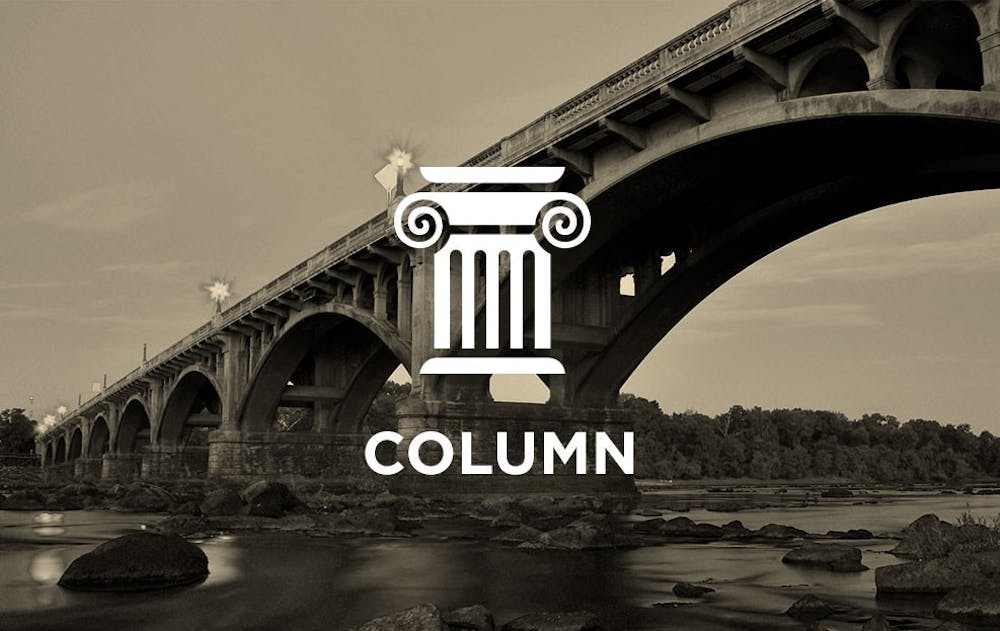In the grand scheme of humanity, the belief in a higher being is a uniting and beneficial part of society. Throughout the world, religious groups aid the poor, guide outsiders into community and provide the means to society’s moral compass. Recently, as many have moved away from the tenets of organized religion, religion itself has been accused of being a source of evil and violence. While many unspeakable acts have been committed in the name of religion, the notion that religion has primarily been a danger to society blatantly ignores fact and reason. It is the politicization of religion that has mainly driven the relating violence, not religion itself.
Take the city of Columbia, for example, where there is a church at every street corner. These churches provide shelter to the homeless, organize community service, and welcome others with open arms. Christian organizations do this across the Earth. And other religious communities do similar good; a Connecticut Muslim congregation just forgave the very man who just months before fired shots at their mosque.
This kind of compassion is compliant with the teachings with many of the world’s great religions, and it is difficult to think where society would be without its influence. No, morality and compassion are not traits exclusive to organized religion, but it is fair to say that many of the values and ideals that form the core of civil society have been derived from the teachings of the religions that are most influential to that area.
The United States of America, while predominantly composed of Christians, is a secular nation that promotes freedom of religion. While many politicians allow their religious views to guide their decisions, the laws of this nation are not meant to favor the laws of any religion. This is where religion works best: when it is not, to paraphrase Roger Williams, exposed to the wilderness of government, or rather when it does not control government itself.
The wilderness of government and politics distorts the beauty that is human worship. Christianity itself, for example, is a religion of love and peace for all mankind, as according the the teachings of Jesus Christ. Some will disagree with this statement by pointing out that the Crusades of the medieval era refute this — however, this viewpoint fails to recognize important motives. The Crusades are a prime example of politicized religion: They were a politically-motivated attempt of the Catholic church, which held immense political power, to take territory and influence away from the Byzantine Empire, which rivaled the Catholic sphere of influence after the Great Schism.
Today, the Catholic church, a great symbol of organized religion, no longer benefits from the political power that it once held hundreds of years ago. Today, rather, from a secular approach, it is one of the biggest charities on Earth. In the U.S. alone, the Catholic church in 2010 spent an estimated 98.6 billion dollars of its 170-billion-dollar budget on health care, spending the rest on schools, colleges, and church operations. Religion by itself is unmatched in its benevolence; it is the lust for political power that muddies its image.
Politics distorts the message of religion by using the unity it forms to allow power to be more easily exerted. In situations like this, political structures like those of medieval Europe and of modern day Iran arise, where religion is used as a means to wield power and influence. It is thus human greed and lust for power that gives religion a bad name, not religion itself.

